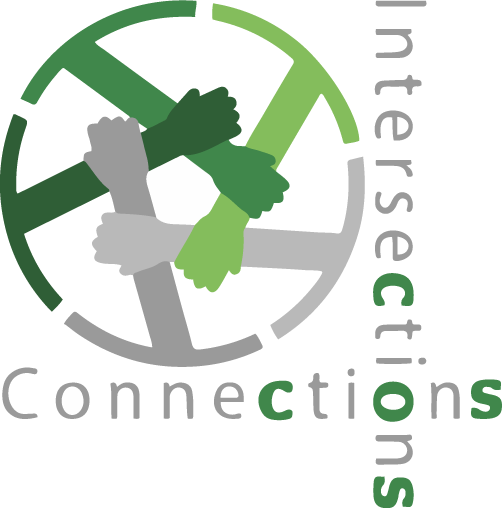Is More Family Engagement Better? Parenting, Socioeconomics, and Family Engagement
Abstract
Family engagement programs and policies seek to leverage the school-family relationship to improve educational outcomes for students (Epstein, 2011; Epstein & Dauber, 1991; Henderson, Mapp, & SEDL, 2002).
Education research sometimes assumes that what works for one population will automatically work for all, an approach which equally ignores areas of connection and areas of divergence. This presentation examines how “elite districts are symbolic” (Lareau, Weininger, & Cox, 2018) and have become a benchmark for all public schools. While families are united in wanting the best possible education for their children, family-school relationships are influenced by parenting practices and a family’s socioeconomic background. This presentation will explore areas connection and divergence among families at the intersection of socioeconomic background, parenting, and schools.
Epstein, J. L. (2011). School, family, and community partnerships : preparing educators and improving schools (2nd ed.). Boulder, CO: Westview Press.
Epstein, J. L., & Dauber, S. L. (1991). School programs and teacher practices of parent involvement in inner-city elementary and middle schools. Elementary School Journal, 91(3), 289-305.
Henderson, A. T., Mapp, K. L., & SEDL. (2002). A new wave of evidence: The impact of school, family, and community connections on student achievement. Annual synthesis 2002: National Center for Family and Community Connections with Schools Retrieved from http://ezproxyles.flo.org/login?url=http://search.ebscohost.com/login.aspx?direct=true&db=eric&AN=ED536946&site=ehost-live&scope=site
Lareau, A., Weininger, E. B., & Cox, A. (2018). Parental challenges to organizational authority in an elite school district: The role of cultural, social and symbolic capital. Teachers College Record, 120(1), 1-46.
Start Date
27-3-2019 5:40 PM
End Date
27-3-2019 6:30 PM
Room Number
U-Hall 3-089
Presentation Type
Paper
Disciplines
Education | Sociology
Is More Family Engagement Better? Parenting, Socioeconomics, and Family Engagement
Family engagement programs and policies seek to leverage the school-family relationship to improve educational outcomes for students (Epstein, 2011; Epstein & Dauber, 1991; Henderson, Mapp, & SEDL, 2002).
Education research sometimes assumes that what works for one population will automatically work for all, an approach which equally ignores areas of connection and areas of divergence. This presentation examines how “elite districts are symbolic” (Lareau, Weininger, & Cox, 2018) and have become a benchmark for all public schools. While families are united in wanting the best possible education for their children, family-school relationships are influenced by parenting practices and a family’s socioeconomic background. This presentation will explore areas connection and divergence among families at the intersection of socioeconomic background, parenting, and schools.
Epstein, J. L. (2011). School, family, and community partnerships : preparing educators and improving schools (2nd ed.). Boulder, CO: Westview Press.
Epstein, J. L., & Dauber, S. L. (1991). School programs and teacher practices of parent involvement in inner-city elementary and middle schools. Elementary School Journal, 91(3), 289-305.
Henderson, A. T., Mapp, K. L., & SEDL. (2002). A new wave of evidence: The impact of school, family, and community connections on student achievement. Annual synthesis 2002: National Center for Family and Community Connections with Schools Retrieved from http://ezproxyles.flo.org/login?url=http://search.ebscohost.com/login.aspx?direct=true&db=eric&AN=ED536946&site=ehost-live&scope=site
Lareau, A., Weininger, E. B., & Cox, A. (2018). Parental challenges to organizational authority in an elite school district: The role of cultural, social and symbolic capital. Teachers College Record, 120(1), 1-46.



